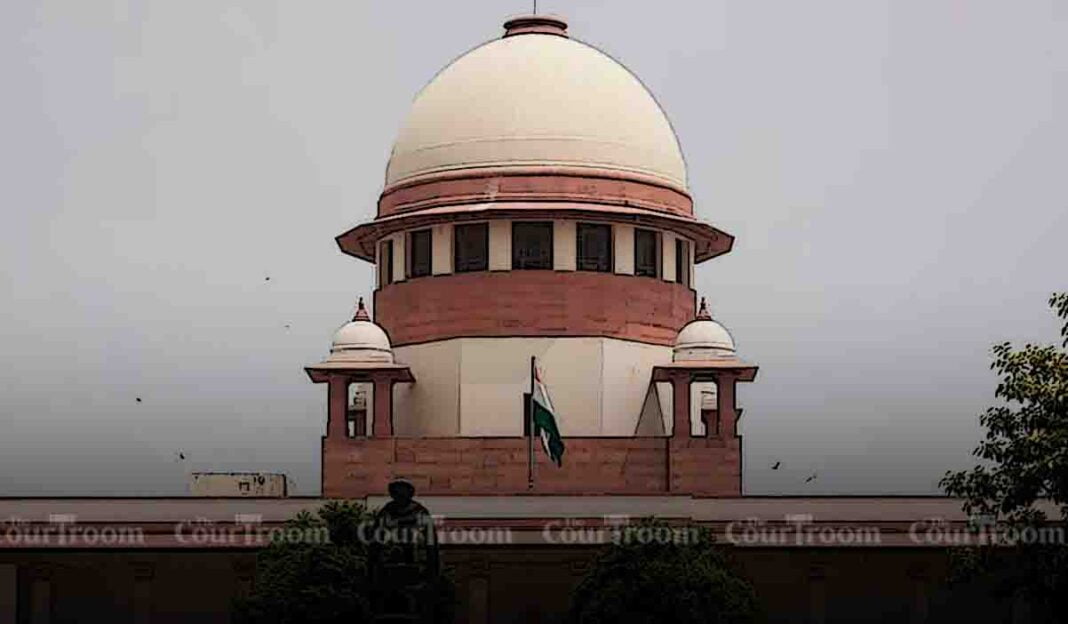Supreme Court Examines Financial Transparency and Governance in Bar Body Elections
The Supreme Court expressed significant concerns regarding the financial aspects and governance of elections to Bar Councils and Bar Associations during a suo motu case aimed at formulating guidelines to enhance the institutional strength of Bar bodies across India.
A Bench comprising Justices Surya Kant and Dipankar Datta highlighted issues related to the substantial amounts of money typically spent on these elections. Justice Kant questioned the source of these funds and the accountability mechanisms in place, stressing the need for a thorough examination of the electoral process.
During the proceedings, Senior Advocate Arvind Datar addressed various concerns, including allegations of arbitrary admissions to Bar associations and the need for reforms in membership criteria, facilities, and election processes. Justice Kant responded by underscoring the importance of identifying and addressing issues such as the excessive financial expenditures on elections and the prevalence of election petitions challenging results.
The Court also noted complaints about individuals with criminal backgrounds being elected as office bearers and emphasized the need for discipline and minimum criteria for election eligibility. The Court had previously involved the Bar Council of India (BCI), State Bar Councils, the Supreme Court Bar Association (SCBA), the Supreme Court Advocates-on-Record Association (SCAORA), and various High Court Bar associations as parties to the case.
Justice Kant clarified that the focus of the proceedings is on institutional reforms rather than specific grievances, with an aim to address systemic issues affecting the legal profession. He stressed the necessity of comprehensive and uniform guidelines for Bar associations and questioned the feasibility of enforcing existing rules, such as limiting voting rights to one Bar association.
Counsel representing various Bar bodies were given time to provide detailed suggestions for reforms. Justice Kant reiterated that the proceedings are intended to improve the profession’s stature and ensure long-term investment in its development, rather than being adversarial.
The Court appointed Vipin Nair, President of SCAORA, as the nodal counsel to gather suggestions from Bar associations and Senior Advocate S. Prabakaran as the nodal counsel for suggestions from State Bar Councils.
This suo motu case was initiated following allegations of discrimination against the Madras Bar Association, leading the Court to address broader issues affecting Bar Associations nationwide.
(With inputs from agency)
Share your news, articles, deals, columns, or press releases with us! Click the link to submit and join our platform today.


